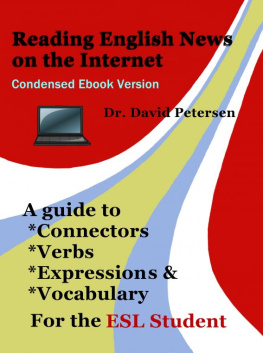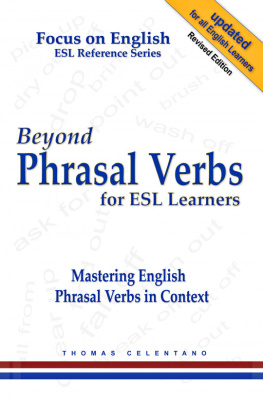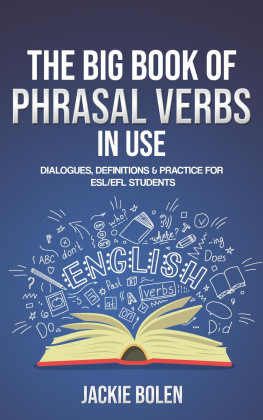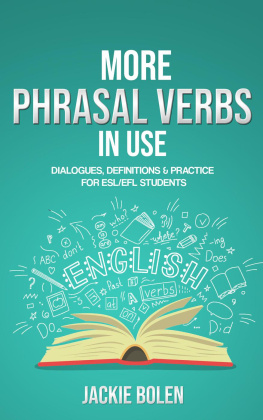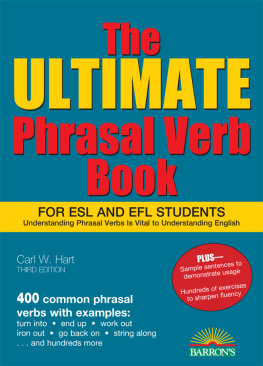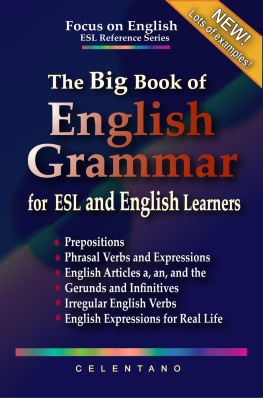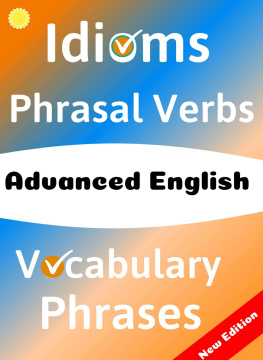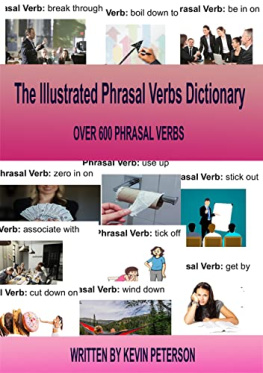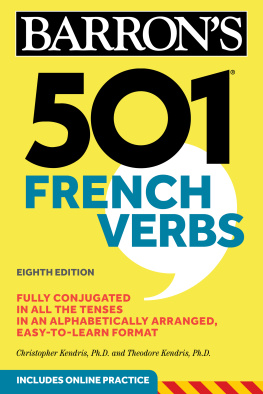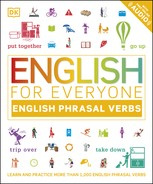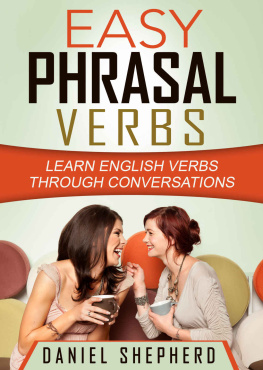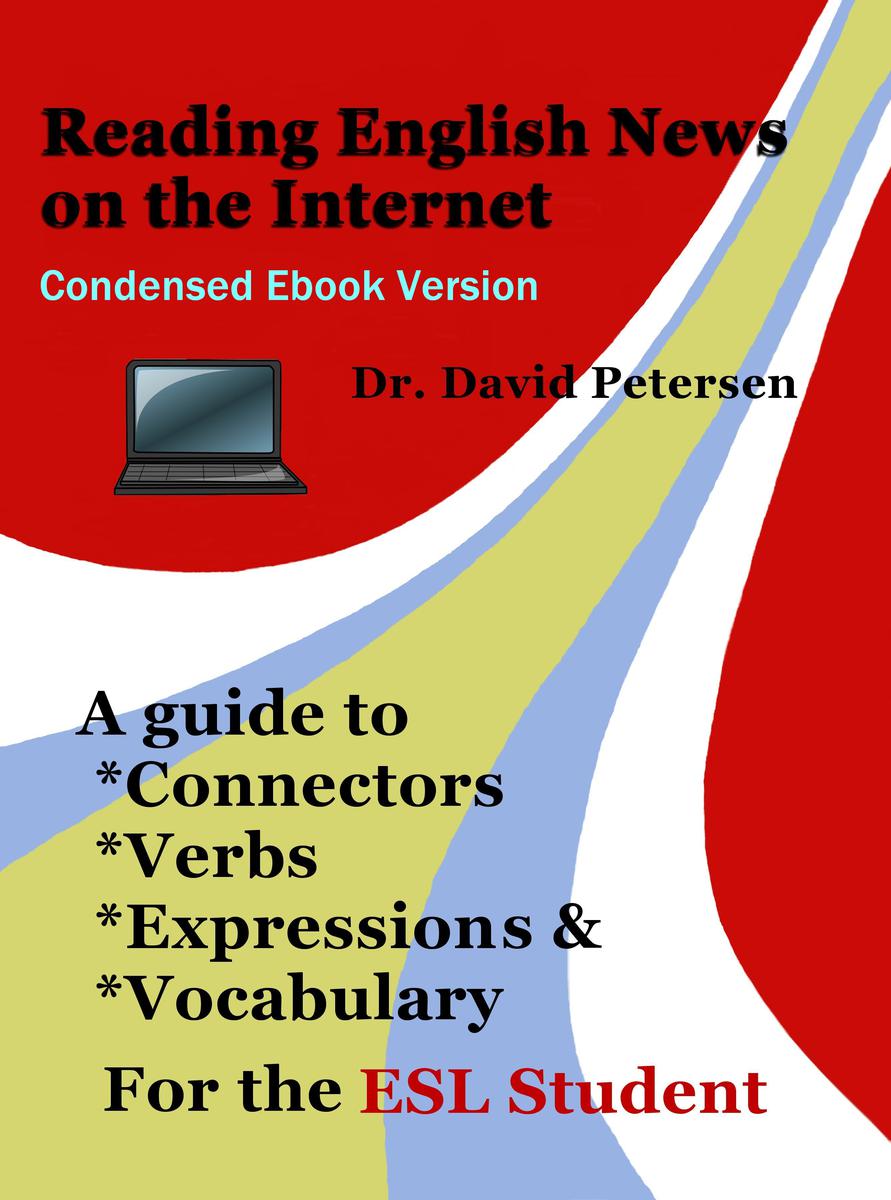
Reading English News on the Internet: A Guide toConnectors, Verbs, Expressions, and Vocabulary for the ESLStudent
David Petersen
Copyright 2011 by David Petersen
Smashwords Edition
Discover other titles by DavidPetersen at http://www.lang-arts.com/books/
A longer paperback version of this book, ISBN978-1257011209, which contains additional material, is availablefrom leading vendors.
This ebook is licensed foryour personal enjoyment only. This ebook may not be re-sold orgiven away to other people. If you would like to share this bookwith another person, please purchase an additional copy for eachrecipient. If youre reading this book and did not purchase it, orit was not purchased for your use only, then please return toSmashwords.com and purchase your own copy. Thank you for respectingthe hard work of this author. Clipart used under Terms of Use atWPClipart (
~~~
Dedicated to SuperMandy
~~~
Chapter 1. Forward: For the Teacher
The purpose of this book is to help ESLlearners at the intermediate level with the potentially confusingturns of phrase common to English articles online, in magazines andin newspapers. ESL veterans will appreciate that while many bookscover English grammar and vocabulary, there are precious fewdealing specifically with idioms, quirky verbs, and othercompound constructs from a practical perspective. My goal has beento create a workbook systematic enough to integrate easily into avariety of academic contexts, making the learning experience asefficient and painless as possible.
This book actually stems from my experiencesas a Japanese translator. Working at an agency in Hiroshima, I wasstruck by the number of questions I was fielding from coworkerstrying to make sense of English newspaper articles and otherchallenging documents. On closer inspection, most of thedifficulties seemed to involve idioms (on the loose, publicoutcry), constructs that are poorly covered in many textbooks andare difficult to look up due to their compound nature. Indiscussing this issue with friends and teachers it became apparentthat related grammar elements such as connectors (asas a) andverbs of one type or another (to show promise) present similarproblems for non-native speakers. I began collecting examples ofthe most commonly misunderstood offenders, and ultimately puttogether the manuscript over the course of about two years.
Applications: On one level, the bookfunctions as a simple guide to the meanings of nearly 200connectors, phrasal verbs, idiomatic verb-phrases, and expressions.Individual sections can also be introduced a few pages at a timeinto almost any classroom situation, gradually building Englishcomprehension. To develop full lessons of 40 minutes or more, Iwould recommend supplementation with materials on mass-media, theinternet, and current events. The tips sections on websitecontent deal with the typical structure of online articles, and arebest covered as part of a writing class with internet access. Themini-quizzes at the end of each unit provide immediate feedbackabout the progress of the students, and can also serve as atemplate for the creation of your own tests and exams.
Lesson Overview
The vocabulary in this book is divided intothree major sections:
-Connectors (provided that, in spite of) linking two or morephrases or sentences together
-Verbs with an emphasis on phrasal verbs (to pull out of, to putinto) and idiomatic verb phrases (to burn the midnightoil)
-Expressions (a meeting of the minds, a matter of time)
Each entry is organized asfollows:
2.32 To (put) on themarket <= TARGET CONNECTOR, VERB, orEXPRESSION
Meaning : To begin selling something
Usage: A (person, company) puts B (product) on the market
1. The wonder drugwas put on the market in Japan last June. <= SAMPLE SENTENCE
Wonder drug: <= KEY VOCABULARY
2. They expect her debut CD to be on the market by thisautumn. (Debut CD)
Debut: autumn:
3. The toy was puton the market in January, but recalled inMay because of consumer complaints.
Recalled: Consumer complaints:
RelatedExpressions : To be available / To hit theshelves
~~~~
The Tips Sections
These mini-lessons deal with the nitty gritty of finding articlesonline, navigating a typical website, understanding differences invocabulary and style by topic, and anticipating structure so as toincrease reading efficiency. Each section can stand alone, but isalso suitable for development as a classroom exercise, particularlyif internet access is available.
TIPS I: A list of basic computer-relatedvocabulary
TIPS II: A list of popular English-language news websites
TIPS III: Typical vocabulary required for registration and forlogging in to websites.
TIPS IV: Guide to online news articles, covering structure,vocabulary, and reading strategies
TIPS V: A list of useful business and financial websites
TIPS VI: Getting the most out of business and financialarticles
TIPS VII: A list of popular sporting news websites
TIPS VIII: Features of online sporting news
A world of English awaits.
~~~~
Chapter 2. Connectors
1.1 As a
Meaning : Talking about someones role,title, or rank
Usage : As an A (role, title, rank)
1. He has beenworking as a medical x-ray technician since he graduated from vocationalcollege.
Medical x-ray technician: Vocational college
2. He first came to Japan as a tourist, but later returned as a United Nationsgoodwill ambassador.
Tourist: United Nations: Goodwill ambassador:
3. The medical establishment has strong doubts that the herb isuseful as a cancertreatment.
Medical establishment: To have doubts: Herbs: Cancertreatment:
RelatedExpressions : Moonlighting as / Making aliving as
~~~
1.2 As far as... isconcerned
Meaning : Explaining someones viewpoint oropinion
Usage : As far as A (person) is concerned B (viewpoint, opinion)
As far as I am concerned , you dont have tofinish the work today, but the boss may disagree.
To finish work:
2. As far as thecredit agency isconcerned , the most important thing in theworld is financial security.
Credit agency: The most important thing in the world: Financialsecurity:
3. As far as ourcompany is concerned , the sales this year were very disappointing.
The sales this year:
RelatedExpressions : From where Im sitting / Theway I see it
~~~
1.3 As opposed to
Meaning : Comparison of two very differentthings
Usage : A (situation), as opposed to B (opposite situation)
1. I did very well inacademic endeavors, as opposed to my brother, who excelled at basketball and othersports.
Academic endeavors: To excel at sports:
2. Metropolitan Tokyo is a crowded place to live, as opposed to Hokkaido,which has very few people.
Crowded: Metropolitan Tokyo:
3. Australia collected 16 medals at the Olympics, as opposed to Canada,which collected only 1.
To collect a medal:
RelatedExpressions : Like night and day / Worldsapart
~~~
1.4 Be that as it may
Meaning : Something is true, but thatdoesn't change the situation.
Usage : A (fact). Be that as it may, B (fact,action)
1. I have a bad cold. Be that as it may , Istill have to go to work today.
Bad cold: To go to work:
2. Its true that I dont love your sister. Be that as it may , I promised herthat I would marry her, so I have no choice.
To promise to marry:
3. Yes, I know Im in the kitchen. Be thatas it may , Ive got my hands full at themoment - make your own cup of tea!
Hands full: To make tea:
RelatedExpressions : Even though / In anycase
~~~
1.5 Considering (the / that/ how)
Next page
